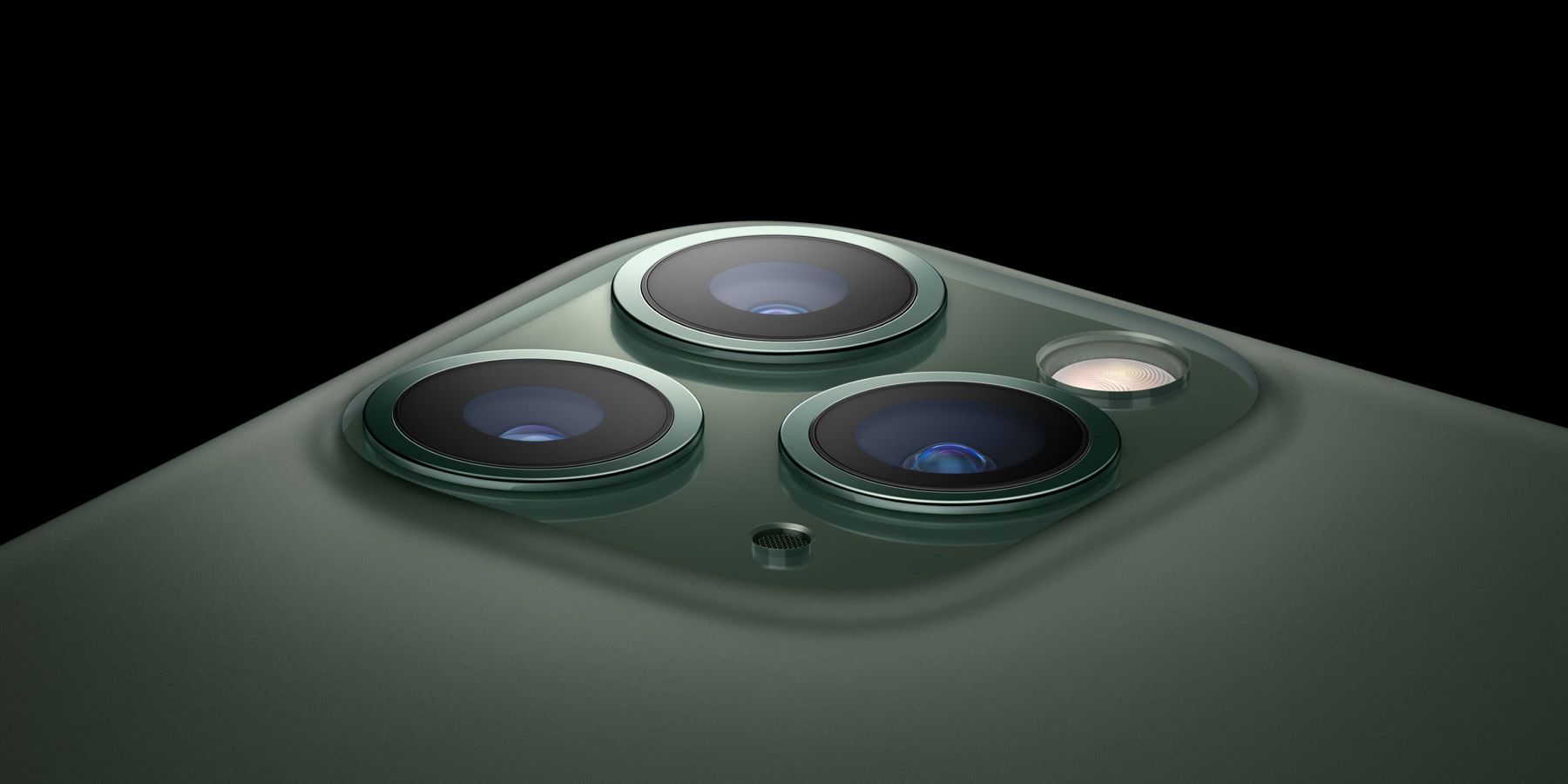As the coronavirus outbreak continues to prove problematic for the world, the effects on various industries including the smartphone market are now starting to become clear. Here’s an overview of how the virus outbreak is set to affect the phone industry.
Although coronavirus is a global event, it has had the greatest impact in China so far, which also happens to be the place where most smartphone parts come from – with some smartphones entirely manufactured in the region. As a means to help contain the spread of the virus, many companies and businesses have either actively stopped or reduced operations, affecting multiple industries. In the smartphone world, the effects are already evident and stretching wide enough to include some of the biggest names in the industry.
A recent Reuters report highlights that one of the smartphone brands that now appears less likely to be affected by the recent events is Samsung. The company moved much of its manufacturing process to Vietnam back in 2009, and eventually closed its last phone factory in China in 2019, which has limited the impact of coronavirus for the Galaxy phone-maker. However, Samsung is still expected to feel some effect as many of the parts the company relies on are sourced from China, it is just unlikely to be as impacted as the other companies who are more heavily invested in the area.
How Coronavirus Has Affected The Phone Market… So Far

As soon as the coronavirus outbreak started to take effect, many anticipated there would be an impact on the smartphone market due to the industry’s reliance on China. However, the first big shock wave hit when MWC 2020 was cancelled. This is arguably the mobile industry’s biggest event of the year where many of the major players turn up to showcase their latest smartphone developments, as well as the devices they’ll be launching in the coming months. With MWC 2020 cancelled, many of those launches have automatically been delayed with no indication of when they will now take place. This is much more of an issue than it might originally seem as supply and distribution (and ultimately sales) are often tied directly to the launch period, and those launches could now potentially be delayed significantly. Getting the manufacturing infrastructure back up to normal speed is likely to further impact on the supply and distribution of phones that are planned, but have yet to make it into the chain. The IDC recently suggested that smartphone shipments for the first quarter of 2020 could end up being more than 30 percent down, compared to the same quarter in 2019.
At the individual level, Apple is now likely to see significant impact considering its supplier in the region is Foxconn. Apple even confirmed some of the expected effects after recently stating that it does not anticipate reaching its revenue guidance for the March quarter – due to the worldwide iPhone supply having been constrained, coupled with a reduction in domestic China demand. While Xiaomi is technically a newer player than the others, it is already a major force and especially in its home market, China. Similar to Apple, Xiaomi has also since confirmed its first-quarter results will likely be affected by the virus, and then there’s Huawei. Although the company currently has its problems in other parts of the world, its China domestic sales have cemented its position as one of the major shippers of smartphones. Huawei has yet to confirm any impact felt by the outbreak, but due to its heavy reliance on China, it is likely to be impacted just as much by coronavirus (and possibly even worse) than the other smartphone brands.





